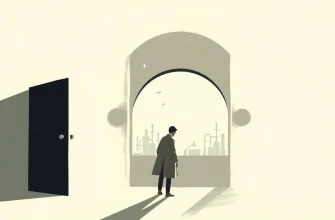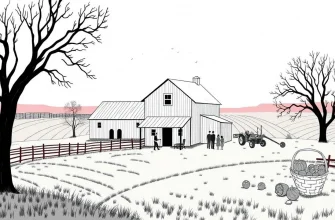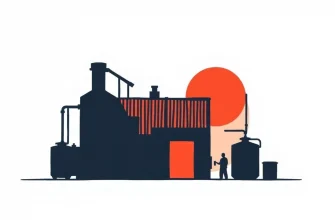In an era where the effects of climate change are becoming increasingly undeniable, cinema has stepped up to reflect these pressing concerns. This curated list of 10 films delves into the dramatic narratives surrounding global warming, offering not just entertainment but also a poignant reflection on our environmental responsibilities. Each film in this collection brings a unique perspective, from the personal to the planetary, making them essential viewing for anyone concerned about the future of our planet.

The Day After Tomorrow (2004)
Description: This blockbuster disaster film imagines a sudden and catastrophic shift in weather patterns, leading to a new ice age. While it's more of a speculative fiction, it underscores the potential severity of climate change.
Fact: The film was inspired by the book "The Coming Global Superstorm" by Art Bell and Whitley Strieber. It was one of the first major films to bring climate change to the forefront of public consciousness.
 Watch Now
Watch Now 
An Inconvenient Truth (2006)
Description: Although more of a documentary, this film has dramatic elements as it follows Al Gore's campaign to educate the public about global warming. Its impact on public discourse about climate change was significant.
Fact: The film won two Academy Awards, including Best Documentary Feature, and helped to popularize the term "carbon footprint."
 Watch Now
Watch Now 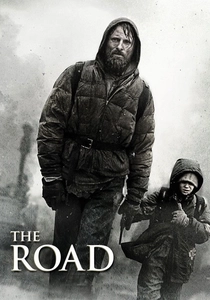
The Road (2009)
Description: While not explicitly about climate change, this film depicts a world after an unspecified cataclysm, possibly related to environmental collapse, where a father and son journey through a desolate landscape.
Fact: The film is based on the Pulitzer Prize-winning novel by Cormac McCarthy.
 Watch Now
Watch Now 
The Colony (2013)
Description: Set in a post-apocalyptic world where Earth's surface is frozen, survivors live in underground bunkers. The film explores themes of survival, human nature, and the consequences of climate change.
Fact: The film was shot in Toronto, Canada, using real snow to depict the frozen landscape.
 Watch Now
Watch Now 
Snowpiercer (2013)
Description: In a world frozen over due to a failed climate change experiment, survivors live on a perpetually moving train. This film explores class struggle and survival in a post-apocalyptic setting caused by human-induced climate disaster.
Fact: The film is based on the French graphic novel "Le Transperceneige." It was directed by Bong Joon-ho, who later won an Oscar for "Parasite."
 Watch Now
Watch Now 
The East (2013)
Description: This thriller involves an undercover agent infiltrating an eco-terrorist group. While not directly about climate change, it touches on environmental activism and the lengths to which people will go to protect the planet.
Fact: The film was inspired by real-life eco-activist groups and explores the moral complexities of environmental activism.
 Watch Now
Watch Now 
The Finest Hours (2016)
Description: While primarily a rescue drama, this film is set against the backdrop of a massive storm, highlighting the increasing frequency and severity of weather events due to climate change.
Fact: The film is based on the true story of the 1952 SS Pendleton rescue, showcasing human resilience in the face of nature's fury.
 Watch Now
Watch Now 
First Reformed (2017)
Description: A pastor struggles with his faith and the environmental crisis, leading to a dramatic exploration of personal and global despair. It's a quiet, introspective look at the psychological impact of climate change.
Fact: The film was critically acclaimed, with Paul Schrader winning the Best Screenplay at the Venice Film Festival.
 Watch Now
Watch Now 
The Age of Stupid (2009)
Description: This docu-drama features a future archivist looking back at the early 21st century, questioning why humanity did not act on climate change. It combines real-life stories with a fictional narrative to drive home the urgency of the issue.
Fact: The film was crowdfunded, making it one of the first feature films to use this method of financing.
 Watch Now
Watch Now 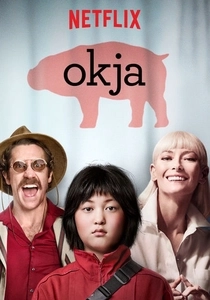
Okja (2017)
Description: This film by Bong Joon-ho indirectly addresses climate change through the story of a genetically modified super-pig, exploring themes of corporate greed, environmental ethics, and the impact of industrial farming.
Fact: The film premiered at the 2017 Cannes Film Festival and was released on Netflix, sparking discussions on the ethics of food production.
 30 Days Free
30 Days Free 

